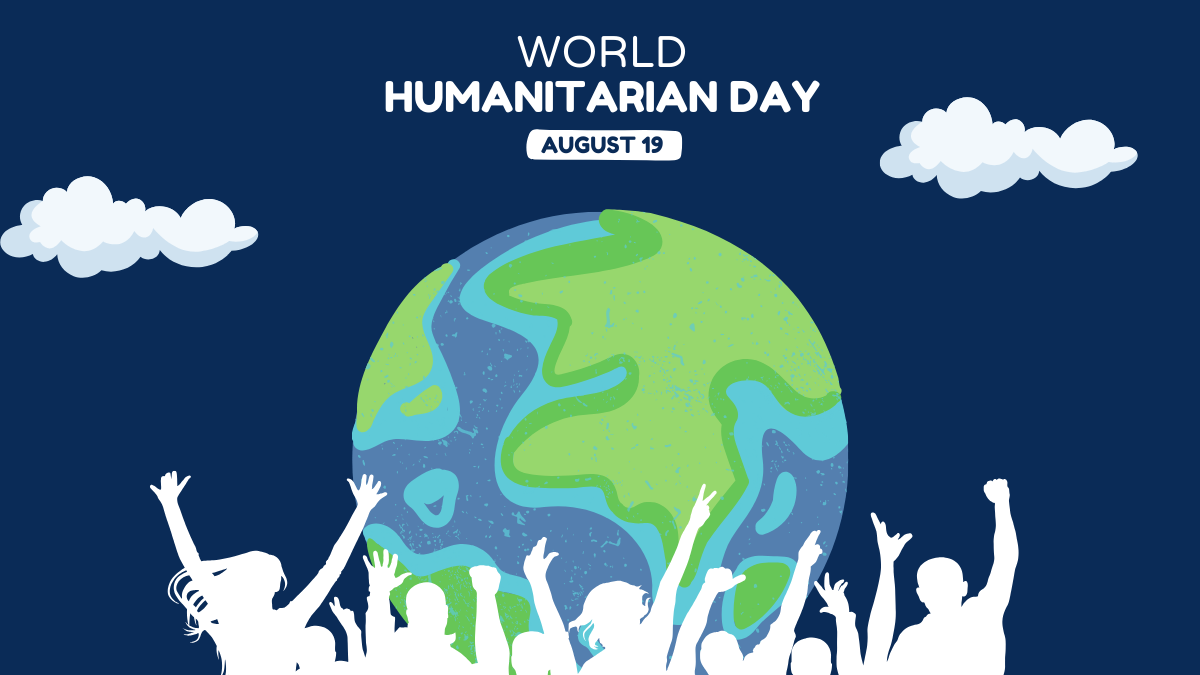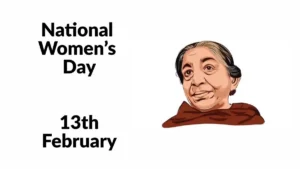World Humanitarian Day, observed annually on August 19th, takes on a somber tone in 2024 as the global community faces a grim reality: humanitarian workers are increasingly becoming targets in conflict zones. The year 2023 marked the deadliest year on record for aid workers, and 2024 threatens to surpass this grim milestone. This alarming trend underscores a critical failure in protecting those who dedicate their lives to helping others in the world’s most challenging environments.
The Crisis at Hand
Escalating Dangers for Humanitarian Workers
The statistics paint a harrowing picture. 2023 saw an unprecedented number of casualties among humanitarian workers, with attacks ranging from targeted assassinations to collateral damage in conflict zones. These incidents not only claim innocent lives but also severely hamper the delivery of critical aid to vulnerable populations.
Violations of International Humanitarian Law
Despite the existence of well-established international laws governing armed conflicts, there is a growing disregard for these regulations. The Geneva Conventions and their Additional Protocols, designed to protect civilians and limit the impact of warfare, are routinely flouted. This blatant disregard for international norms has created an environment where attacks on humanitarian workers and civilians have become disturbingly commonplace.
The Culture of Impunity
One of the most troubling aspects of this crisis is the persistent impunity enjoyed by perpetrators of attacks on humanitarian workers. Despite clear violations of international law, those responsible often face no consequences, emboldening further attacks and creating a cycle of violence.
The 2024 Campaign: #ActForHumanity
Objectives and Focus
The World Humanitarian Day 2024 campaign, centered around the hashtag #ActForHumanity, aims to:
- Confront the normalization of attacks on civilians and humanitarian workers
- Challenge the culture of impunity surrounding violations of International Humanitarian Law (IHL)
- Build public support to pressure conflict parties and world leaders
- Demand concrete actions to ensure the protection of civilians and aid workers in conflict zones
Key Activities
- Release of Aid Worker Security Data: The campaign will publish the latest statistics and trends regarding attacks on humanitarian workers, providing a factual basis for advocacy efforts.
- Global Events: Coordinated events will be held worldwide to raise awareness and demand action from those in positions of power.
- Social Media Engagement: The #ActForHumanity hashtag will be used to amplify the campaign’s message across various social platforms.
- Stakeholder Engagement: The campaign will actively involve governments, NGOs, and international organizations to foster a collective response to the crisis.
Historical Context
The Origins of World Humanitarian Day
World Humanitarian Day traces its origins to a tragic event. On August 19, 2003, a bomb attack on the Canal Hotel in Baghdad, Iraq, resulted in the deaths of 22 humanitarian aid workers. Among the victims was Sergio Vieira de Mello, the UN Special Representative of the Secretary-General for Iraq.
Official Recognition
In recognition of this tragedy and the ongoing risks faced by humanitarian workers, the United Nations General Assembly adopted a resolution in 2008, officially designating August 19th as World Humanitarian Day.
The Role of OCHA
The United Nations Office for the Coordination of Humanitarian Affairs (OCHA) spearheads the World Humanitarian Day campaign. OCHA’s involvement ensures a coordinated approach, bringing together various partners from across the humanitarian system to advocate for:
- The survival, well-being, and dignity of people affected by crises
- The safety and security of aid workers
Call to Action
As World Humanitarian Day 2024 approaches, the global community is urged to unite in demanding an end to attacks on humanitarian workers and civilians. The campaign calls on:
- Governments to enforce international humanitarian law and hold violators accountable
- Armed groups to respect the neutrality of humanitarian workers and allow safe access to vulnerable populations
- The public to raise their voices, spread awareness, and pressure leaders to take concrete actions
By joining the #ActForHumanity campaign, individuals and organizations can contribute to creating a safer environment for those who risk their lives to help others in the world’s most dangerous places.




 National Women's Day 2026 India: Signifi...
National Women's Day 2026 India: Signifi...
 World Radio Day 2026: Why Radio Still Ma...
World Radio Day 2026: Why Radio Still Ma...
 National Productivity Council Marks 68th...
National Productivity Council Marks 68th...








